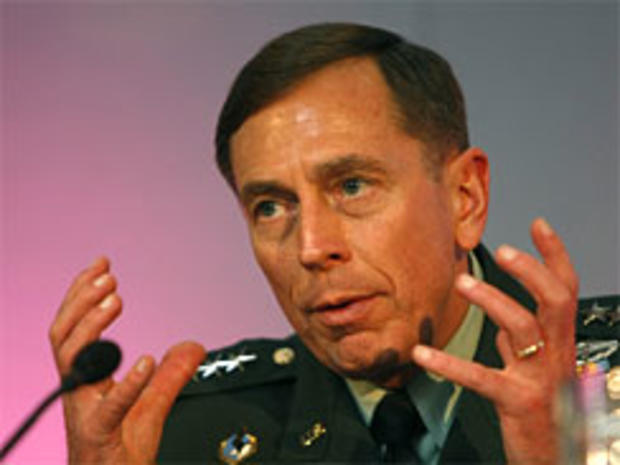Afghanistan's Mineral Wealth
It's good news that Afghanistan can now be considered a mineral-rich country. But no one should think the massively underdeveloped South Asian nation is now going to leap onto the world stage as a well developed country exporting huge amounts of iron ore, copper, lithium and other minerals.
"This is an uphill climb for Afghanistan," said State Department spokesman Philip J. Crowley. In fact, there is no part of making good on the revelation in the New York Times that Afghanistan may be sitting on $1 trillion worth of mineral wealth that is going to be easy. For openers, Afghanistan is now a "hot" war zone and Taliban forces that oppose the U.S. and its allies cannot be expected to allow mineral extraction that would benefit Hamid Karzai's government - to the Taliban's detriment - to take place.
Even assuming an end to active conflict, Afghanistan's infrastructure is not ready to handle large-scale mining operations. The road system is terrible and much of the untapped mineral wealth is in remote locations. There is also the current lack of foreign investment in the country, a direct result of the instability caused by ongoing fighting. Even assuming a peaceful countryside in which to work, it will take years and probably decades to develop a serious mining industry. The State Department's Crowley said, "This is going to be a long term proposition."
As if all these impediments were not enough, there is also the question of corruption. The Obama administration talks a lot about its efforts to improve good governance in Afghanistan. While some positive steps have surely been taken, no one says corruption has been eliminated. Heretofore the emphasis has been on corruption and payoffs linked to the production of the opium poppy crop and how various warlords and provincial governors have enriched themselves from the drug trade. Corrupt officials will follow the money (as the saying goes) and if that is a newly developing mining industry then that is where corruption is most likely to be found.
The prospect of great wealth from untapped deposits of copper, gold, cobalt and other minerals, while it may be cause for excitement, still needs to be developed in a way, as Crowley says, "That it is not to the benefit of the few, but to the benefit of many." That means, he says, "accountability and transparency" so the Afghan people know who is benefiting from the profits of the eventual mining boom.
